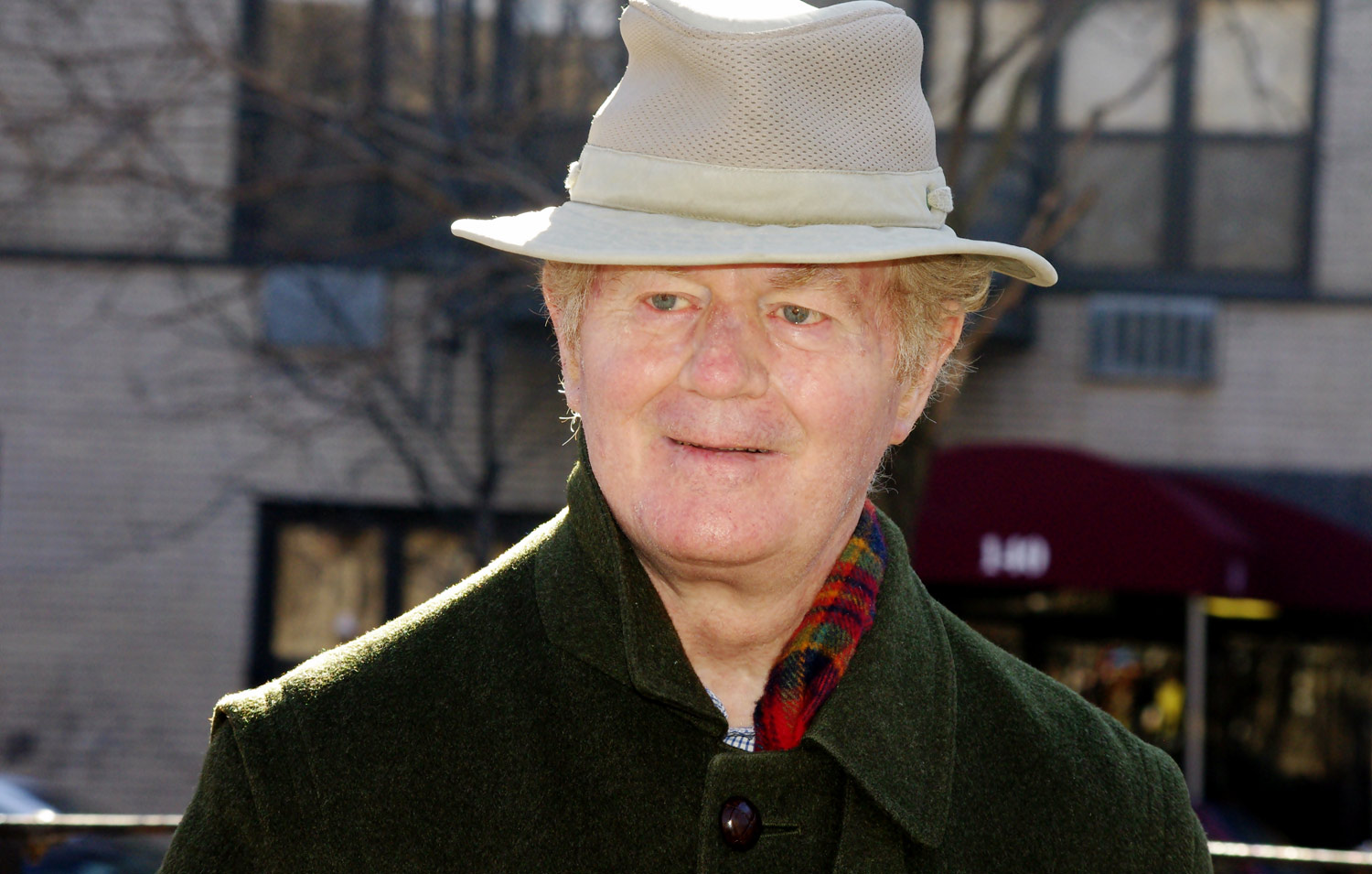He made it clear that on matters of conscience, inaction is unacceptable.
The Editors
(Courtesy: David Shankbone, CC BY 2.0)
Jonathan Schell, who died of cancer on March 25 at 70, was an extraordinary writer, thinker and colleague. For nearly two decades, we were privileged to publish his eloquent, passionate and forcefully argued essays on behalf of peace, disarmament and nuclear abolition. He also wrote about presidential campaigns, the media and the growing threat to democracy by the national security state after 9/11.
The power and persuasiveness of Jonathan’s work came not only from his elegant style, analytic clarity and incisive logic, but also from the enduring belief that there is no idea so compelling as a moral one. On the nuclear crisis, no voice was as clear, no writing as perceptive, as Jonathan’s, going back to his acclaimed 1982 book The Fate of the Earth. In a 1998 Nation special issue making the case for the abolition of nuclear weapons, he brilliantly laid out the argument that there is a viable alternative to continued reliance on war and nuclear arms.
In the fraught days after the September 11 attacks and in the weeks leading up to the disastrous invasion of Iraq, Jonathan was one of the most thoughtful, independent and critical voices to emerge in a media landscape filled with cries for war and vengeance. He began writing “Letter From Ground Zero,” a Nation column he called “a series of entries in a sort of reflective public diary.” Sane and sensible, Jonathan used the column to advance the case for nonmilitary action. His “Letter” of September 2002, a cri de coeur against the nation’s post-9/11 aggression, asked if a democracy that feasted so heartily on violence was actually a democracy at all. The questions he posed then are just as relevant today.
Democracy was at the moral center of Jonathan’s work. “Empire or republic?” he asked in December 2005. Would we behave powerfully or justly? He took leaders to task for advocating the former. In 1999, he invoked Montesquieu to unmask the cynicism driving the impeachment of Bill Clinton, and in “An Open Letter to the Members of Congress,” an unsigned editorial he wrote in 2002, Jonathan called out legislators: “You are a deliberative body, but you do not deliberate. You are representatives, but you do not represent.”
“The Case Against the War,” from March 2003, was a forceful indictment against the looming invasion of Iraq, but it also exposed the essential weakness underlying it. Recalling previous doomed conflicts, like our war in Vietnam, he said, “The novelty this time is that the defeat has preceded the inauguration of hostilities.” Jonathan cut through the jingoism and mushroom cloud–mongering to remind us that prosecuting war now is the worst way to prevent war later.
Always steeped in history, his essays were straightforward, deeply informed, moving in their non-equivocating conscience. Not surprisingly, Jonathan’s work inspired a generation of activists and authors. He made it clear that on matters of conscience, inaction is unacceptable.
Jonathan’s best work has a timeless quality. His “Thinking the Unthinkable on Iran,” from April 2012, reminded us that war foolishly remained our government’s preferred means for preventing nuclear proliferation. In a creative reimagining of what is meant by the use of force, he argued that if the nuclear powers would agree to surrender their arsenals, they would be backed by “the force of the united will of the people of the world, aligned with their governments, to live free of the shadow of nuclear danger.”
Jonathan knew that more than words, or ideas, or even weapons, people possessed the true power to engender progress. In the dark days immediately after the Iraq invasion, he found a light more brilliant and explosive than any ordnance fired by the Pentagon. Witnessing the gigantic global protests against the war, he wrote, “Shock and awe has found its riposte in courage and wonder.”
As talk of a new Cold War swirls around us, with Washington budgeting billions for nuclear weapons, we need Jonathan’s voice more than ever. We must rededicate ourselves to the peace mission he laid out.
Jonathan once said he valued the freedom The Nation accorded its writers. We will forever value Jonathan for the freedom he argued for and ceaselessly supported with his words and actions.
The Editors